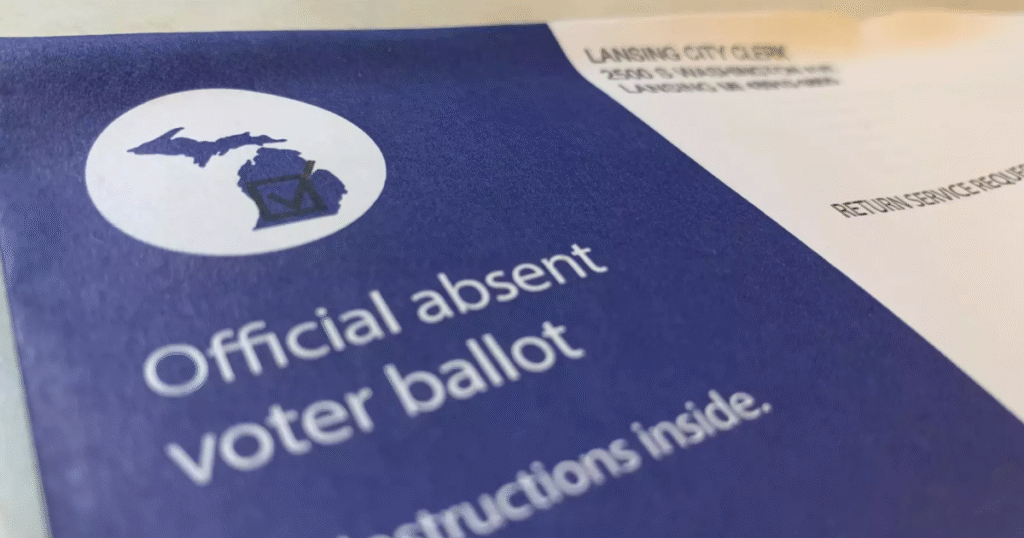GOP’s Legal Challenge: Michigan’s Overseas Voting Guidelines Scrutinized
The Republican National Committee has initiated legal proceedings against Michigan, questioning the state’s policies regarding absentee voting for overseas residents. Central to this dispute is a Michigan statute that permits U.S. citizen spouses and dependents of Michigan voters living abroad to vote absentee, even if they have never resided in the state themselves. These individuals must accompany the Michigan voter overseas and cannot be registered to vote elsewhere.
The Republican National Committee argues that this provision contravenes parts of the Michigan Constitution mandating that voters must have “resided” in the state for a minimum of six months, while allowing the legislature to define residency. The lawsuit also challenges the guidance provided by Michigan Secretary of State Jocelyn Benson on the execution of overseas voting, suggesting that the election manual extends beyond her legal authority.
In a statement, Michigan Republican Party Chair Jim Runestad asserted, “Secretary of State Jocelyn Benson’s guidance violates the Michigan Constitution by allowing people who have never resided in this state to register to vote in Michigan elections. The Michigan Constitution and the Election Law are clear — to vote in Michigan, a person needs to reside (or, if living overseas, have last resided) in Michigan.”
This legal action echoes a previous suit filed by the state GOP before the 2024 general election, which also criticized Benson’s guidance rather than the statute itself. Both the Michigan Court of Claims and the state Court of Appeals dismissed this earlier case, citing the timing as too close to the general election.
Despite dismissing the former lawsuit due to timing, Court of Claims Judge Sima Patel explored the substance of the case, highlighting that federal courts have invalidated residency duration requirements like Michigan’s since a 1972 U.S. Supreme Court decision. Judge Patel concluded that worries about conflicts between state law and the six-month residency rule in the state constitution are unfounded. She drew a parallel to how the Michigan Constitution’s previous voting age of 21 is overridden by the U.S. Constitution, which sets the voting age at 18.
Judge Patel remarked, “Much like the 21-year age requirement, Const 1963, art 2, § 1’s six-month state residency requirement is no longer valid law.” However, her opinion did not address another provision in the state constitution that allows lawmakers to relax residency requirements solely for presidential and vice-presidential elections, a point raised in the RNC lawsuit.
The Michigan Department of State has not yet provided a comment on the situation.
—
Read More Michigan News










